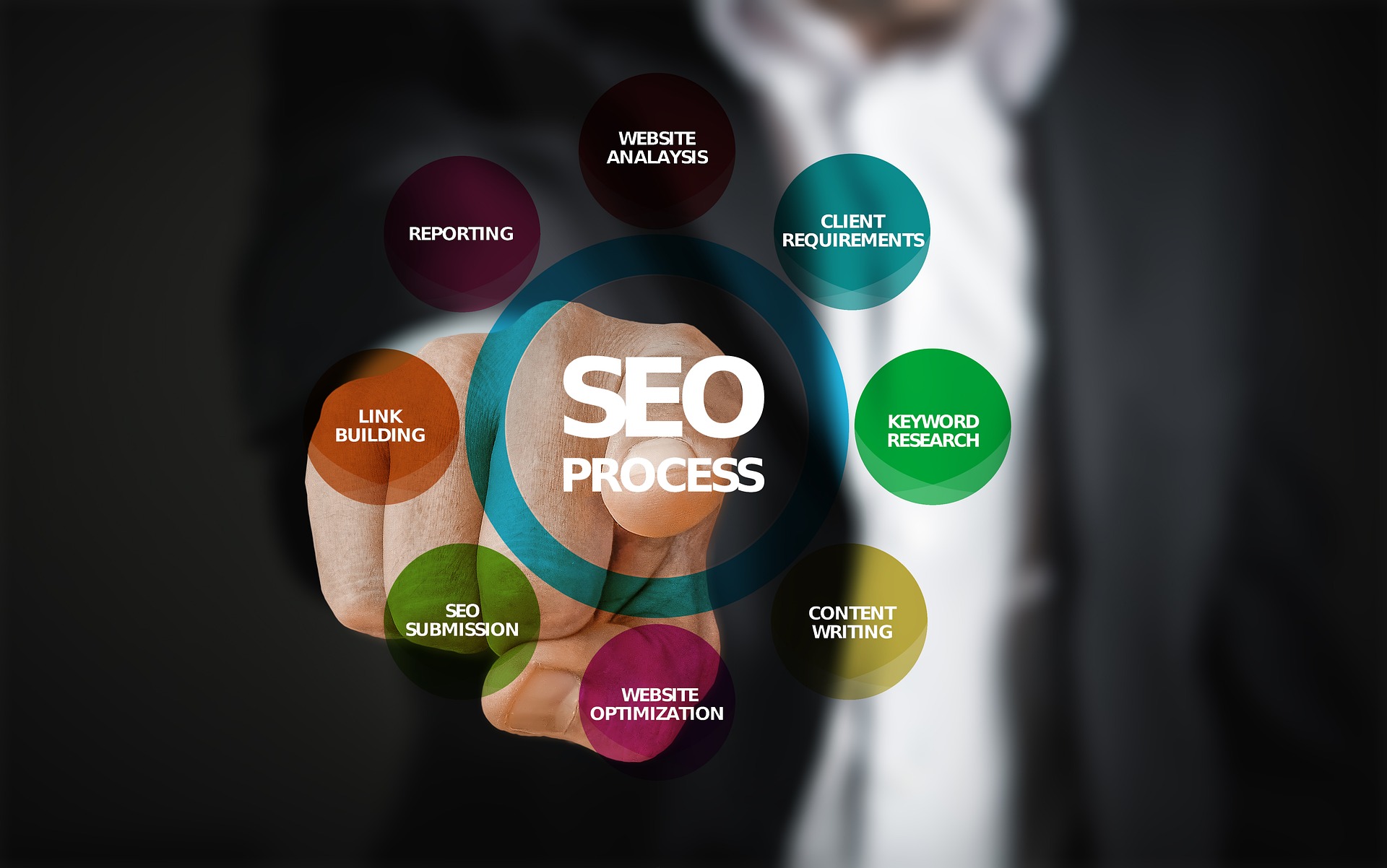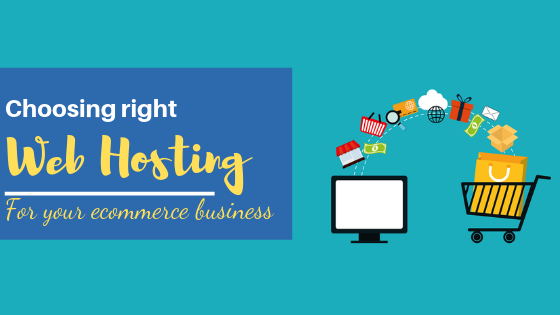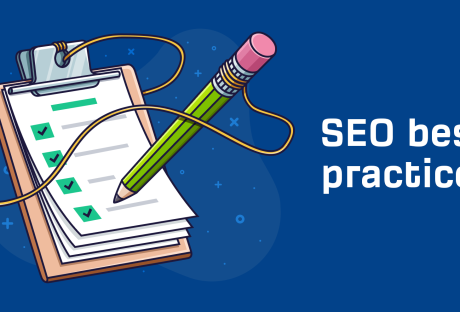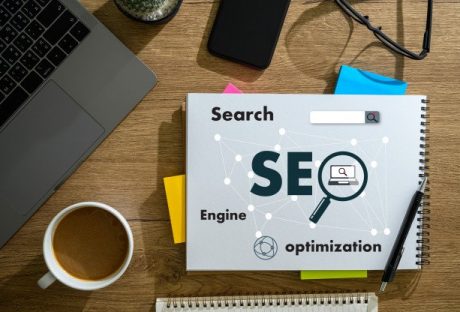As soon as New Year’s Eve is over, we all start scrambling to improve this or that, and owners of web-based businesses are no different. The web is flooded with entrepreneurs working to boost their web traffic in the New Year.
After all, any good businessperson knows that the majority of success for web-based businesses begins with getting people to your site.
If you want to implement an easy plan to boost your web traffic in 2019, just follow the steps outlined below.
A Complete Online Guide to Boosting Your Website Traffic in 2020:
1. SEO:
To drive traffic to your page, you’ll want to begin with SEO tactics. There are some great companies out there who can provide you with professional SEO services if you don’t want to do it on your own. You’ll want to implement these SEO tactics on each of your web pages to get optimal visitors to your website and improve your ranking in search engines. Separate SEO for every single page of your site is the best way to go about this.
You should also spend a bit of time writing concise meta descriptions to appear under your URL descriptions in search engines. This little step can make all the difference.
2. Listings:
Another way to easily drive visitors to your pages is to improve your listings across the web. Peruse the internet and sites relating to your industry for directory listings, contact pages, and relevant links, and make sure you’ve linked to them. Check your pages for dead links often, and make sure all links are working properly. Keep any directories on your site easy to find, polished and relevant.
3. Social Media:
Even in 2019, so many online companies think a social media presence is unnecessary. Unfortunately, foregoing any kind of social media interaction can really harm your business. It’s a matter of finding the social media platform that’s right for you – whether it’s Twitter, Facebook, Instagram or something else entirely, find the social media platform that drives viewers to your business and makes those sales. Once you’ve got an account, start those promotions, post pictures, put up polls, and get those customers talking and engaging.
Do it yourself or hire a social media whiz, but be sure to interact with your customers via these platforms to keep their interest, stay relevant, and drive customers to your site. It’s 2019 and let’s face it: most folks are addicted to some form of social media. Why wouldn’t you get in on that?
If you operate an app, be sure to update links there often, too, and make sure your website is optimized for mobile. Not everyone, however, wants to use an app, and you never know, someone might be scrolling through your website on their phone, cursing because it isn’t translating well. This also falls under the category of website speed, because when optimizing for mobile devices loading speed is very important. Start from fundamentals here by choosing a fast provider, then optimize your code, images, and content. Spend the time and money on making your site, app, and social media picture perfect. It’s worth every penny.
3. Email Marketing:
If you’re dead-set against social media, at the very least, you should have an email marketing campaign (and even if you’re totally into social media, this is still a good idea). Have your customers “opt-in” when visiting your site, offering them subscriptions to your blog or newsletter, or special promotions or deals. You’ll find that most of them are interested!
Then you’ve got a ready-made list of email addresses, connected to real, live customers who will come back and become repeat customers. Avoid spamming them, of course – save the email marketing content for the really good stuff.
It’s also a good idea to have a specific, set email address only for marketing, and a separate one for things like customer service, orders, etc. Having an organized email is just good business.
5. Guest-Starring:
A lot of successful online entrepreneurs – whether it’s authors, business owners, musicians, marketing execs, or “social media influencers”, have learned that crossing over to other forums can increase their viewership and give them great success.
Have a friend who runs a similar business? Someone who blogs about the products you sell? A repeat customer who has a podcast? Find common ground with someone who can give you a platform, or offer them a platform in return. Guest blog for someone, have someone guest blog for you or participate in a cross-promotion. The sky is the limit! Pairing up with someone can mean bigger viewership and success for BOTH of you!
6. Engage:
Don’t neglect a really important part of web-business – engaging with the customer. Whether it’s responding to social media tags, reading blog comments, answering customer service emails, or frequently updating your blog, you want to make yourself available to your web traffic. They need to see that you’re present and engaging with the audience.
A constant presence reminds the customer that you’re there, that they wanted to visit your site to make a purchase or look at the promotion. They come to see you as a friend, and your site might just become a frequent stop on their day-to-day web activity.
7. Analyze Your Data:
Every forum from Facebook to WordPress offers its users data; a breakdown of viewership, clicks, sales, and more. Naturally, if you run a website, you’ve seen lots of this information. Unfortunately, not enough entrepreneurs take the time to truly analyze website data, and you should. It’s a treasure trove of information, providing you with clues on how to increase your viewership.
Through analytics, you can track everything from the age and gender demographics of the people who visit your site, their location, what they click on, what they buy, and more. Taking the time to track this data can help you decipher what’s working, what isn’t, and what’s bringing people back.
Get the Boost:
There are lots more things you can do to boost traffic to your page in 2019, but if you start with these easy, simple steps, you’ll find your traffic increase with almost no effort at all. These simple, quick measures can put your web traffic into the stratosphere and make 2019 your best business year yet.
Read Also:

























